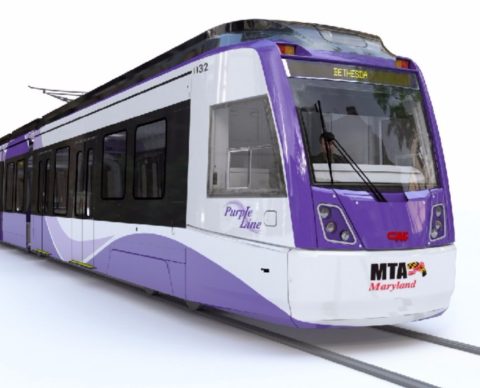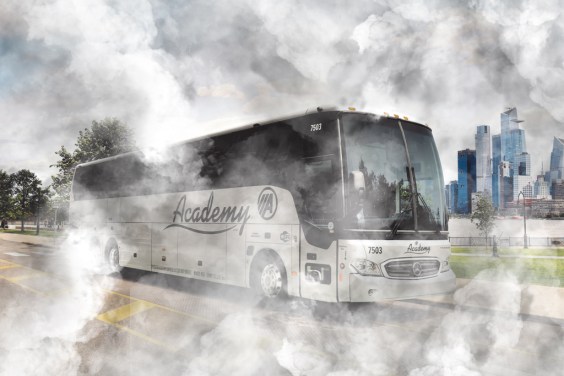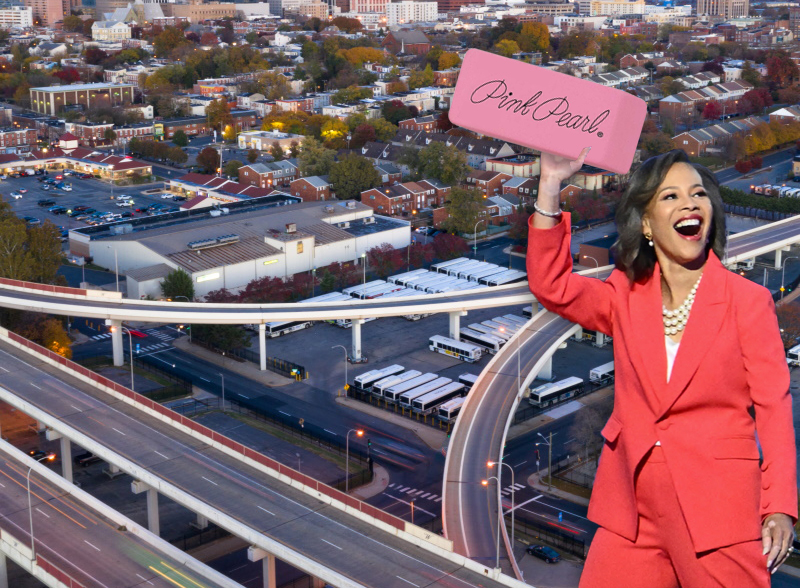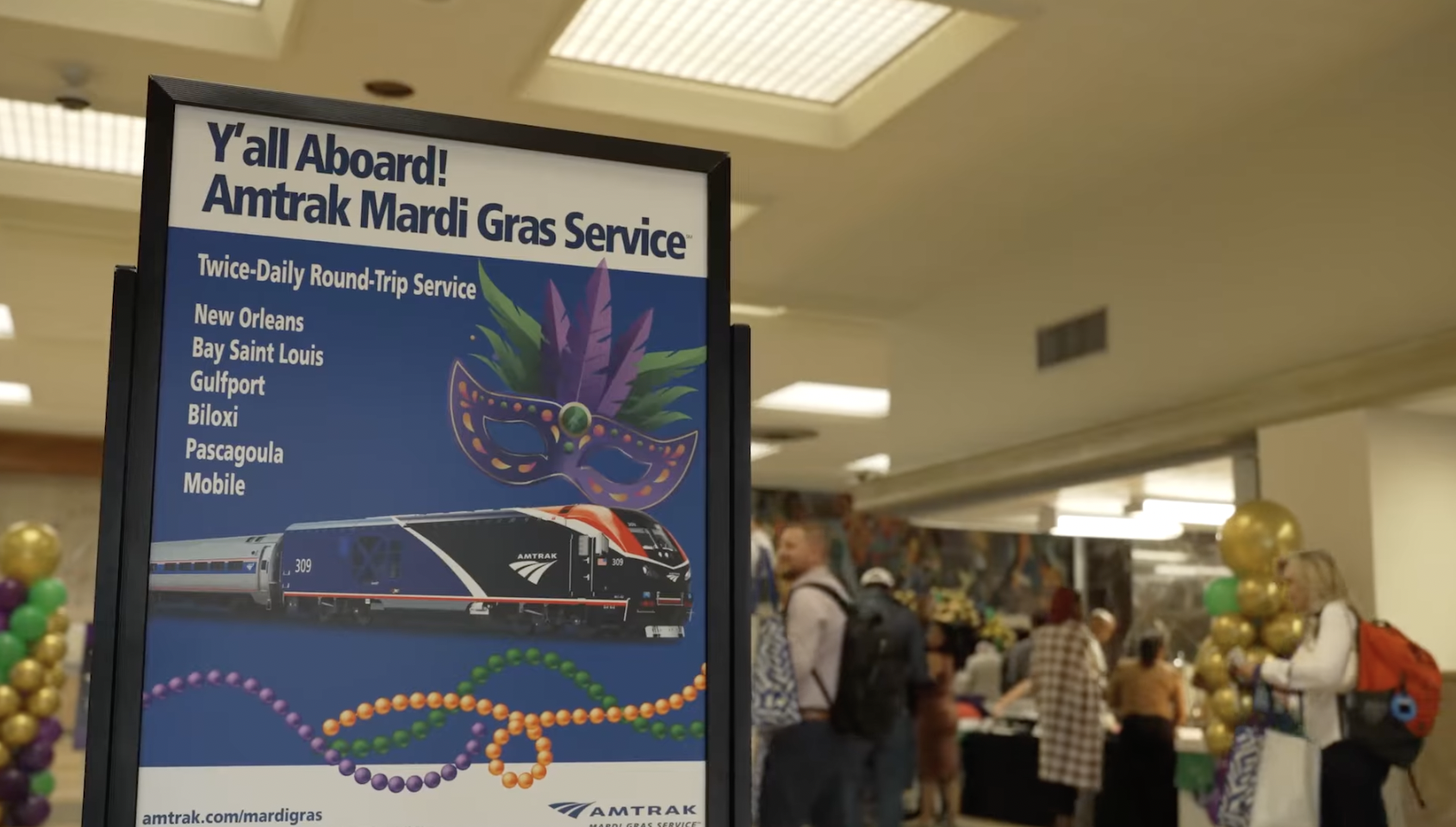Facing pressure from elected officials, an appeals court, and the public to issue a long-delayed decision on Maryland's Purple Line light rail, a federal judge has determined -- five months after he was given the additional analysis that he requested -- that the project needs even more environmental studies.
The ruling by U.S. District Court Judge Richard J. Leon comes in a case brought by Purple Line opponents from the wealthy Washington, DC, suburb of Chevy Chase, who don't want a train going through their backyards. They've been battling in the courts since the federal government approved the project in March 2014.

Ignoring the lawsuit's various complaints alleging that the light rail line would somehow be bad for the environment, Judge Leon has latched onto something less absurd and more technical: the maintenance and ridership problems facing Metrorail, which connects to the Purple Line. The two systems would be owned and operated by different entities, but connecting to Metro is a key goal of the project, and approximately one in four Purple Line riders would make the transfer. So, since August, Leon has used Metro's ridership woes as a pretext to require additional environmental review.
In November, Leon allowed the Federal Transit Administration to submit a shorter evaluation, instead of completing a full review. That document, submitted in December, looked at five different scenarios, including one where Metrorail ridership continues to fall through 2040 and another in which Metrorail ceases to exist at all. No matter what happens to Metro, the FTA said, the Purple Line is still worth building.
Now, five months after that document was submitted -- and just a couple of weeks after an appeals court began weighing whether to force a decision -- Leon said that he is not satisfied. Bizarrely, he wants more study because the FTA didn't determine which of the five scenarios -- none of which, remember, would affect the decision to build the Purple Line -- is most likely.
"I find that the defendants have failed to take the requisite 'hard look' at the potential impact that WMATA's ridership and safety issues could have on the Purple Line," he wrote [PDF], resetting the process to his August decision requiring a full supplemental environmental impact statement.
"The fact that it took a federal judge this long to reach the conclusion that more study is needed is completely baffling and, if allowed to stand, will cause irreparable harm to this vital project and cost the state hundreds of millions in taxpayer dollars," Maryland Governor Larry Hogan said in a statement. "Moreover, the judge’s concerns were thoroughly addressed by federal transit officials by studies already completed and in public testimony more than five months ago."
Nitpicking over ridership is unusual in rulings like this, and reeks of a double-standard. Highway projects are routinely built on the basis of faulty traffic projections, but that hasn't tripped them up in the courts.
“There’s a burden here being placed on transit that’s not being placed on other transportation projects," said Gregory Sanders, vice president of advocacy group Purple Line Now. “It undermines the principle that broad deference is given to agency experts on these matters and instead it means that any given judge throughout the country, if there are well-resourced opponents, could kill a project through stalling.”
While judges must give deference to an agency's evaluation and decision-making, they can demand more study if an agency has been "arbitrary and capricious" with its study process. That's the argument Judge Leon is making here. Greater Greater Washington's David Alpert isn't buying it:
Judges aren't planners; their background isn't in the field and rulings like this sound an awful lot like 'I'm just not convinced I like this project' instead of 'there's a real legal problem'... Leon says in this ruling, the FTA hasn't looked 'hard' enough at his concern. His reasoning here is quite dubious.
Ralph Bennett, president of Purple Line Now, said in a statement that he anticipates an appeal and that "the fundamental strength of the project will be vindicated in higher court" because "Judge Leon was already given the hard look that he asked for."
Hogan said in his statement that "the state will continue to pursue any and all legal action to ensure that the Purple Line will move forward."






